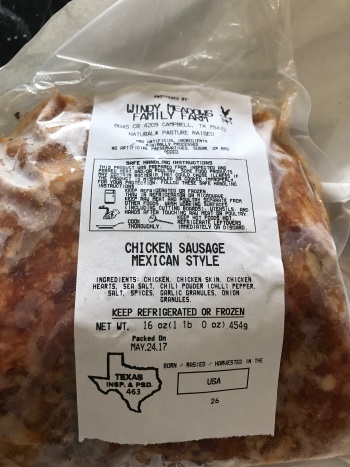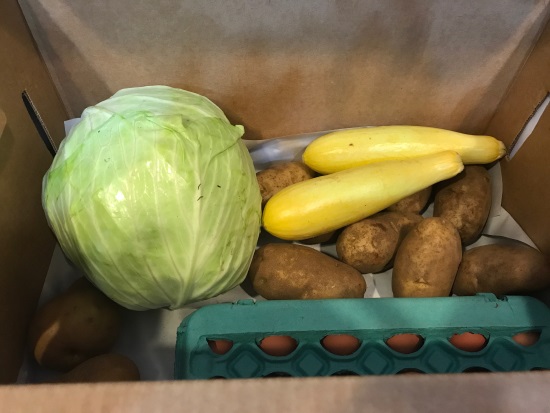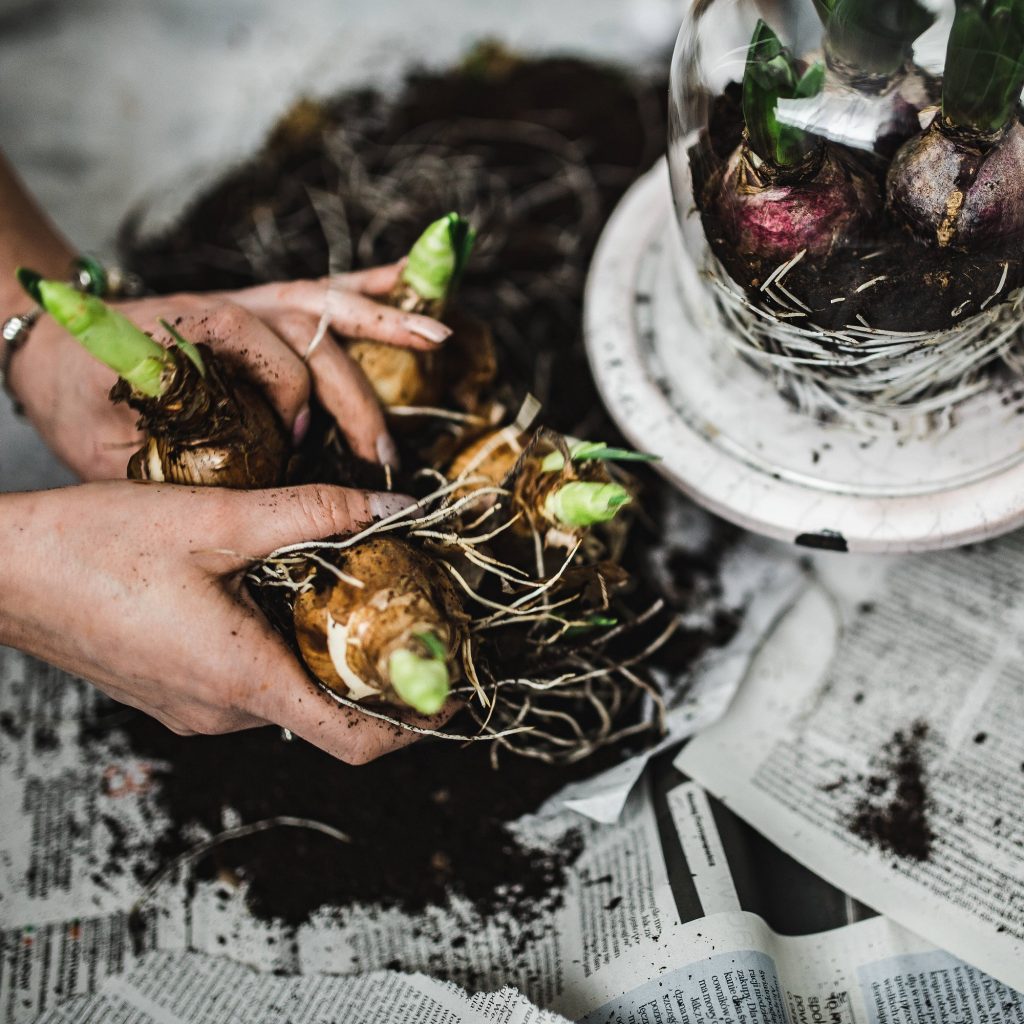
Among the many definitions of “cultivate” offered by Webster’s Dictionary are, “to develop or improve by education or training; train; refine,” “to promote the growth or development of (an art, science, etc.),” “to devote oneself to (an art, science, etc.),” and “to seek to promote or foster (friendship, love, etc.).”
Clearly, cultivation is a versatile concept, one that goes far beyond getting our hands dirty by planting seeds in soil and caring for the resultant sprouts, watching as they grow into flowers, trees, fruit, or vegetables.
And yet, that first, most basic association is no less valid than the abstract uses of the word. We cultivate our arts and sciences in much the same way that we cultivate soil. We foster the growth of our friendships (or, we should) with every bit as much care as we give to plants. We constantly reach, grow, hone, refine, perfect, and protect every aspect of our lives and ourselves.
Welcome to Issue #10 of Modern Creative Life: “Cultivate”
“Solitude is the soil in which genius is planted, creativity grows, and legends bloom; faith in oneself is the rain that cultivates a hero to endure the storm, and bare the genesis of a new world, a new forest.” ― Mike Norton, White Mountain
When we were discussing this year’s themes, we all got excited about the choice of “cultivate” for our spring quarter. After all, most of us do some gardening, and all of us try to keep our artistic selves in a state of growth and tender care.
What could be more perfect, we thought, then to celebrate the many ways we cultivate the various aspects of our lives?
“By looking for the unexpected and discerning the surreptitious features in the scenery within us, we apprehend our personality, find out our identity and learn how to cultivate it. Taking care of our fingerprints will be an enduring endeavor. ( “Looking for the unexpected” )” ― Erik Pevernagie
What does “cultivate” mean to each of us? What does it mean to you? Can we apply the work we do in backyard gardens or front porch flower pots to art, writing, and music? Can we foster spiritual growth and nurture our bodies the same way we cultivate friendships and enhance our romantic relationships?
Is it possible that a life which is too carefully cultivated can end up being as soggy as an over-watered garden or as parched as desert sands?
Don’t we need to find balance in our cultivation, as we do in all things?
These are the concepts we are exploring in this issue, and we invite you to join us in the experience.
In this issue, you’ll get a peek into the daily lives of other creative folk in our Studio Tours and Typical Tuesday series, and meet people walking fascinating creative pathways in Conversations Over Coffee. With photos and fiction, poetry and essays, as well as all kind of enlightenment, help each of us find a deeper understanding into all the ways in which you create.
As always, our mission at Modern Creative Life is to honor the pursuit and practice of joyful creativity. We believe that the creative arts enrich our everyday living, enhance our environment, create lasting connections, and sustain our souls. Please join us as we look to other creatives for ways in which they nurture and tend their own creative life so that they regularly find their process – and lives – feeling nourished instead of parched.
As we share the stories of other makers, use their experiences to illuminate your path into your own Modern Creative Life.
“Cultivate your craft. Water it daily, pour some tender loving care into it, and watch it grow. Remember that a plant doesn’t sprout immediately. Be patient, and know that in life you will reap what you sow.” ― J.B. McGee
What stories might you have to share with the world? Share the results of your cultivation with us! Don’t be afraid to dig deeply into the fertile soil of experience, memory, and imagination as way, not only to tell your story, but to help others learn from your mental, spiritual, and physical adventures.
We are open to single contributions as well as new regular contributors. Email us at moderncreativelife@gmail.com.
—Melissa A. Bartell, Editor at Large

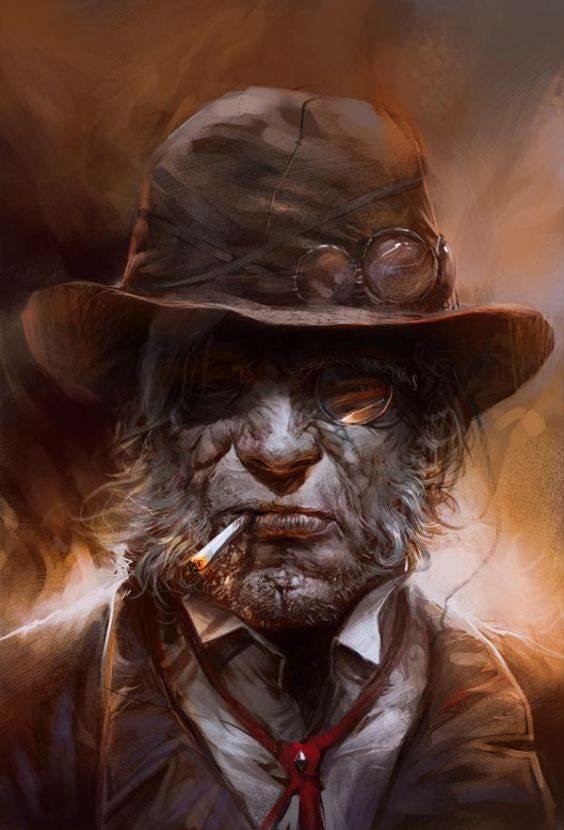 He’s waiting there, at the edge of the parking lot, in the spaces where flitters and aircars are parked nose-to-nose with family-sized SUV’s, the end of a cigarette between his teeth. His skin is weathered, his hat is likely as old as he his, but his eyes, faded blue – like old denim – are gentle. It shows his age, but he’s got a bolo-tie strung round the collar of his shirt.
He’s waiting there, at the edge of the parking lot, in the spaces where flitters and aircars are parked nose-to-nose with family-sized SUV’s, the end of a cigarette between his teeth. His skin is weathered, his hat is likely as old as he his, but his eyes, faded blue – like old denim – are gentle. It shows his age, but he’s got a bolo-tie strung round the collar of his shirt.

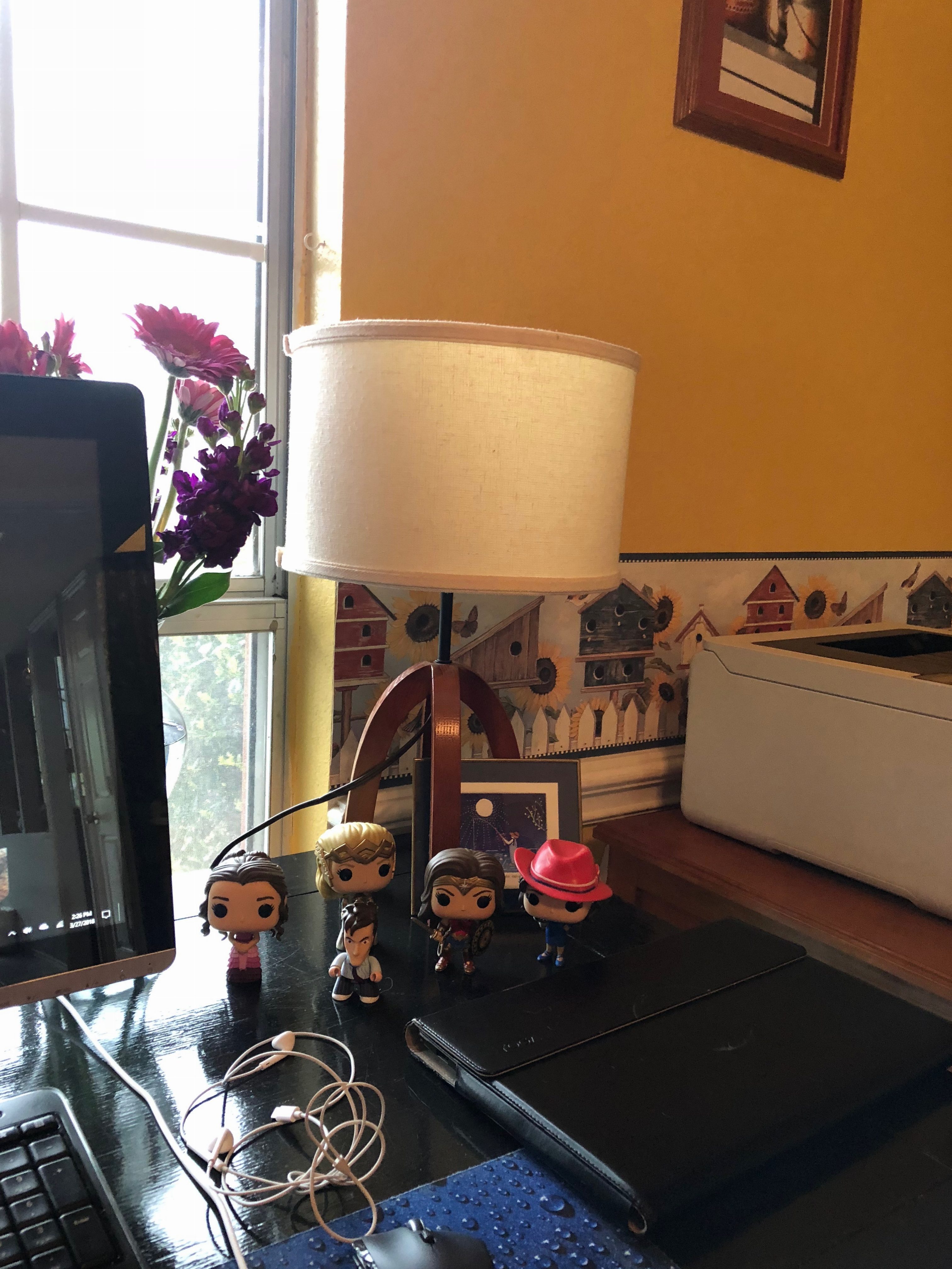 I’ve long been the kind of person who likes to switch things around from time to time. Changing the position of a chair, or a table, or a couch can change the energy of an entire room. For years, every time my husband went away on a work trip, he would beg me not to move furniture while he was gone. Partly, he didn’t want me to hurt myself, but partly, he didn’t want to come home to a house that had a different layout from when he left.
I’ve long been the kind of person who likes to switch things around from time to time. Changing the position of a chair, or a table, or a couch can change the energy of an entire room. For years, every time my husband went away on a work trip, he would beg me not to move furniture while he was gone. Partly, he didn’t want me to hurt myself, but partly, he didn’t want to come home to a house that had a different layout from when he left.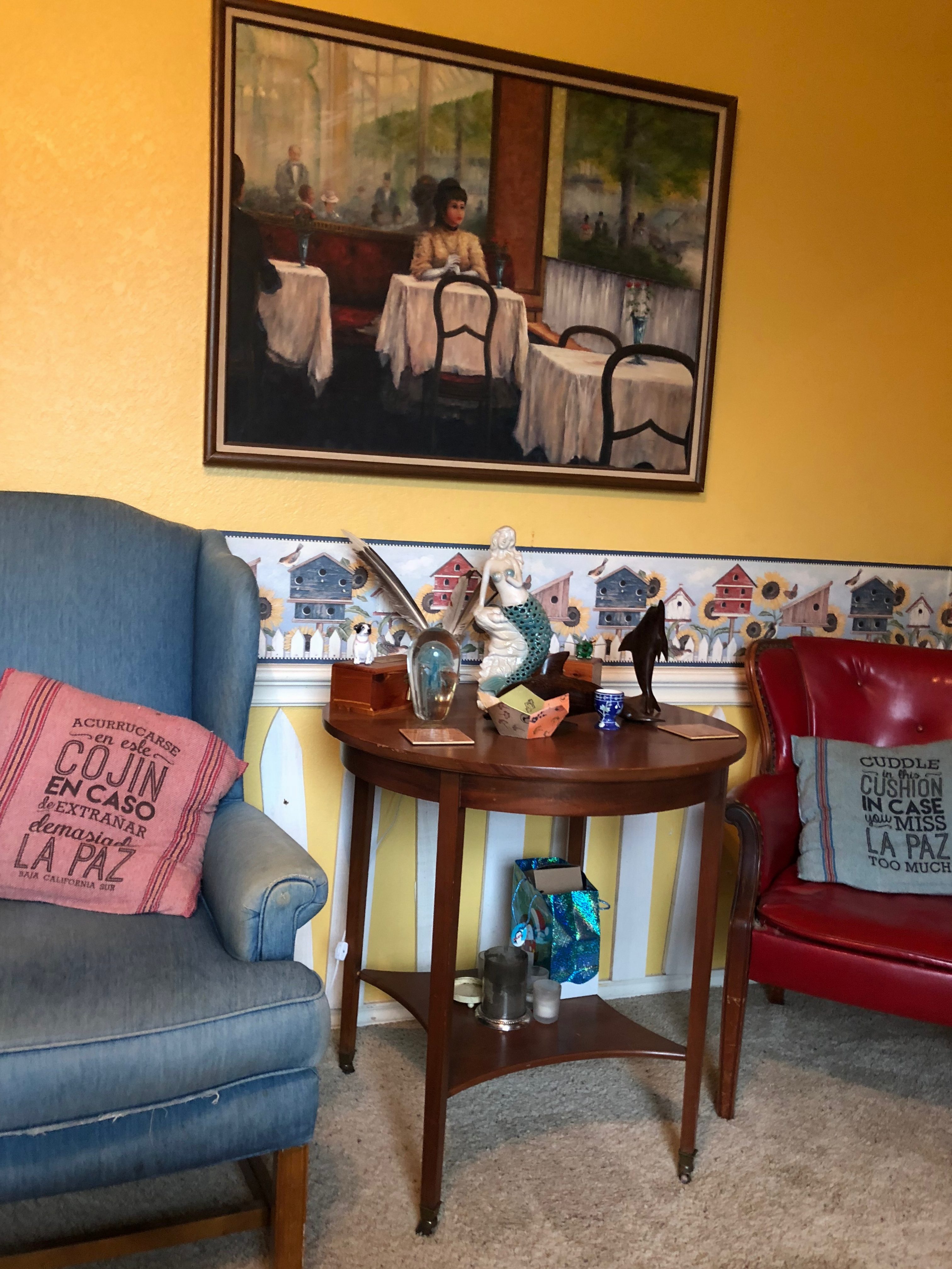
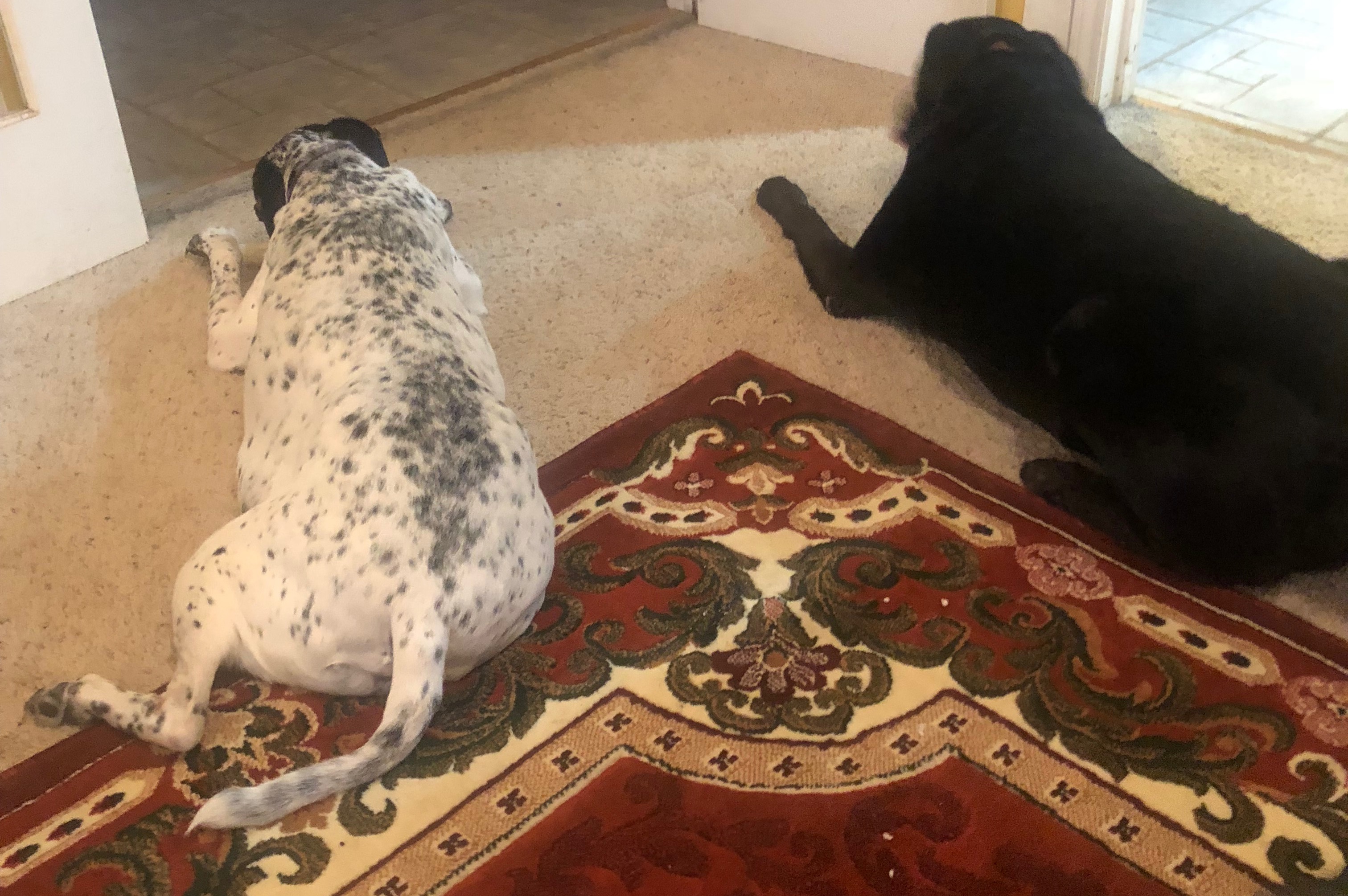


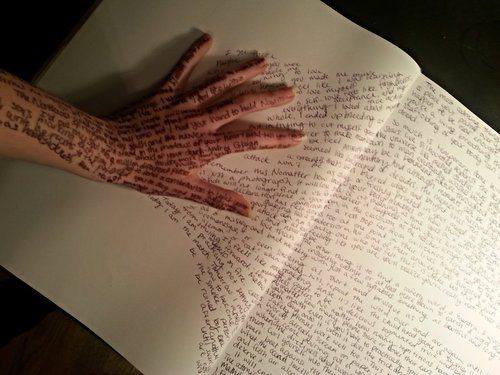
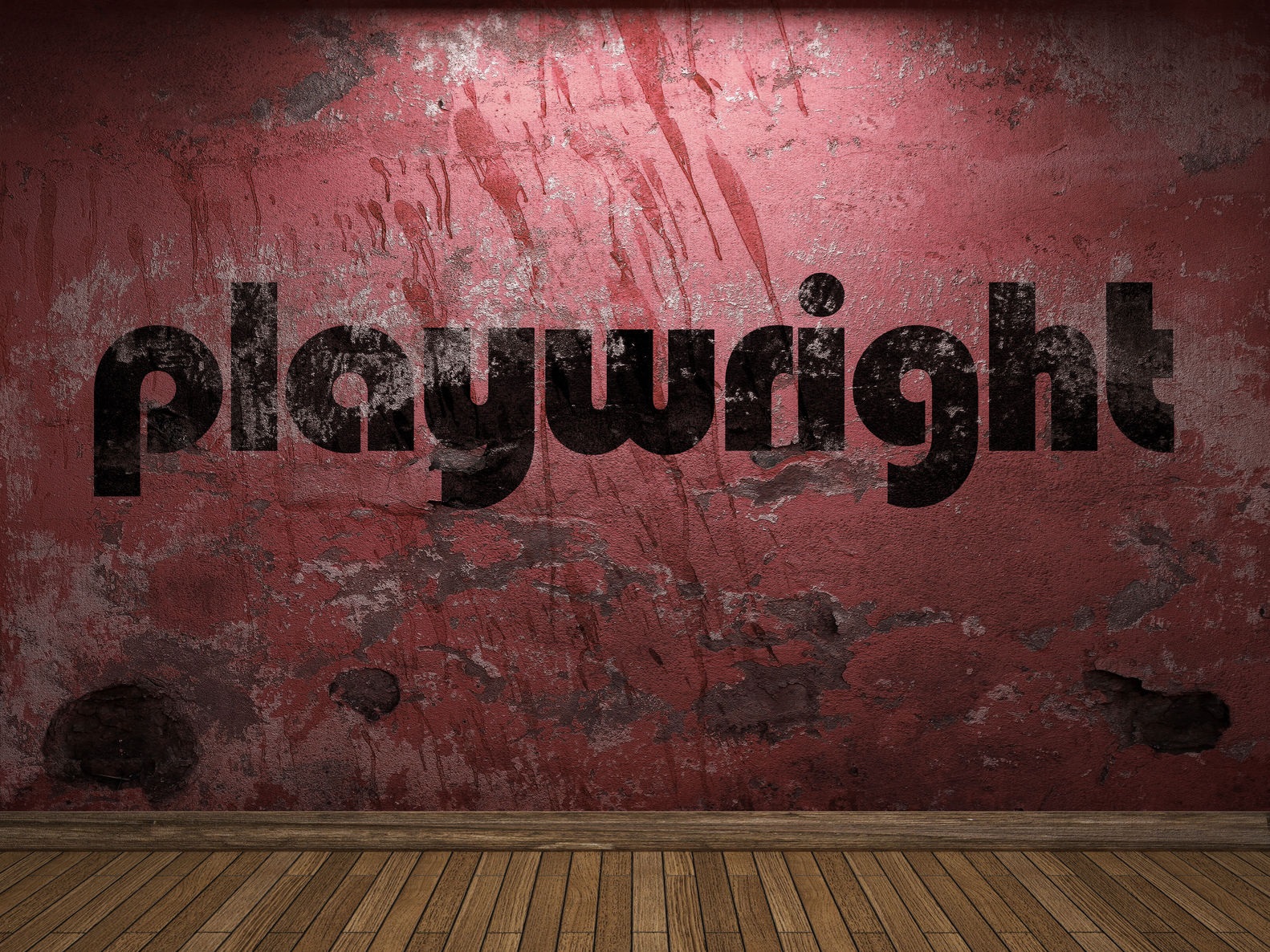
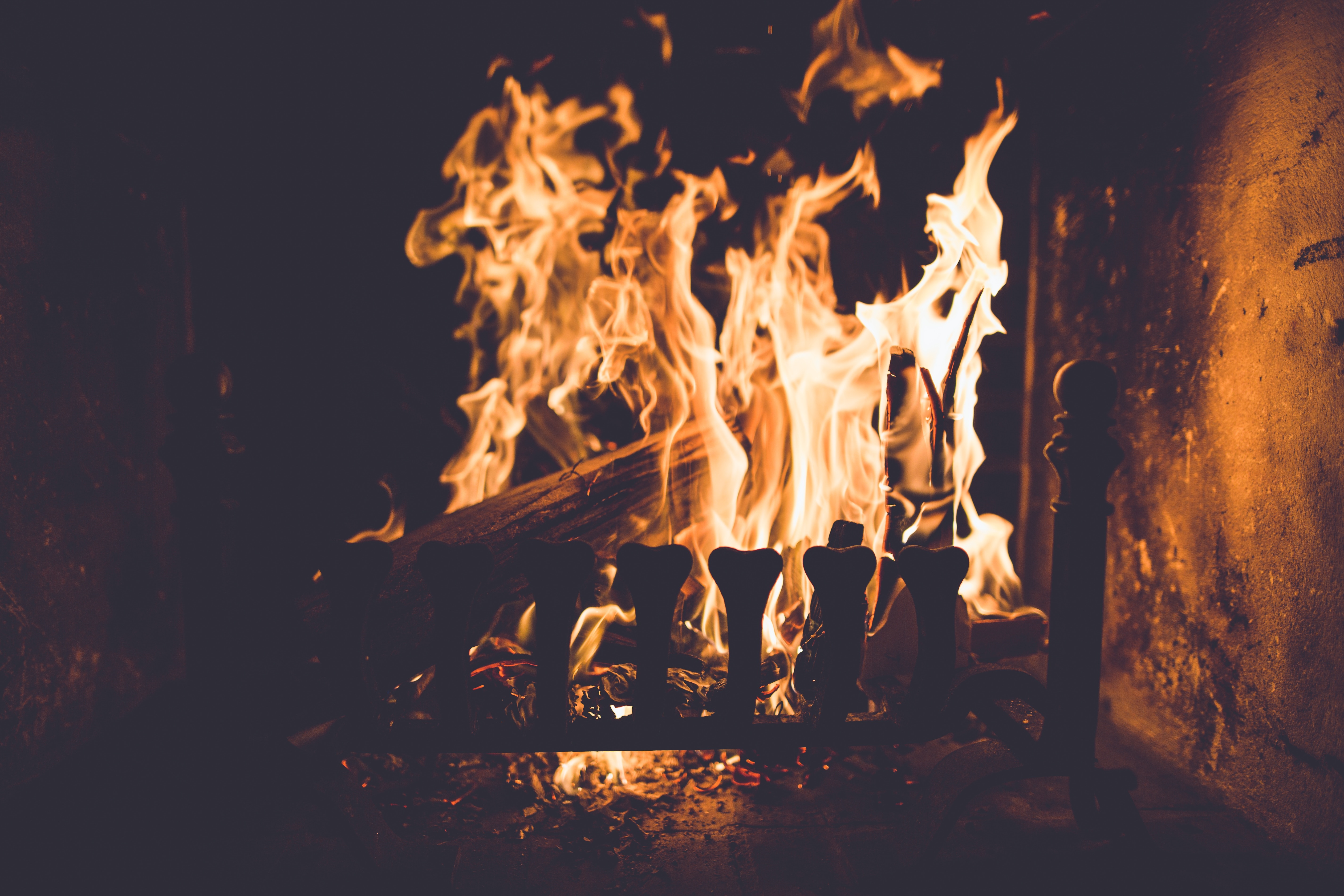
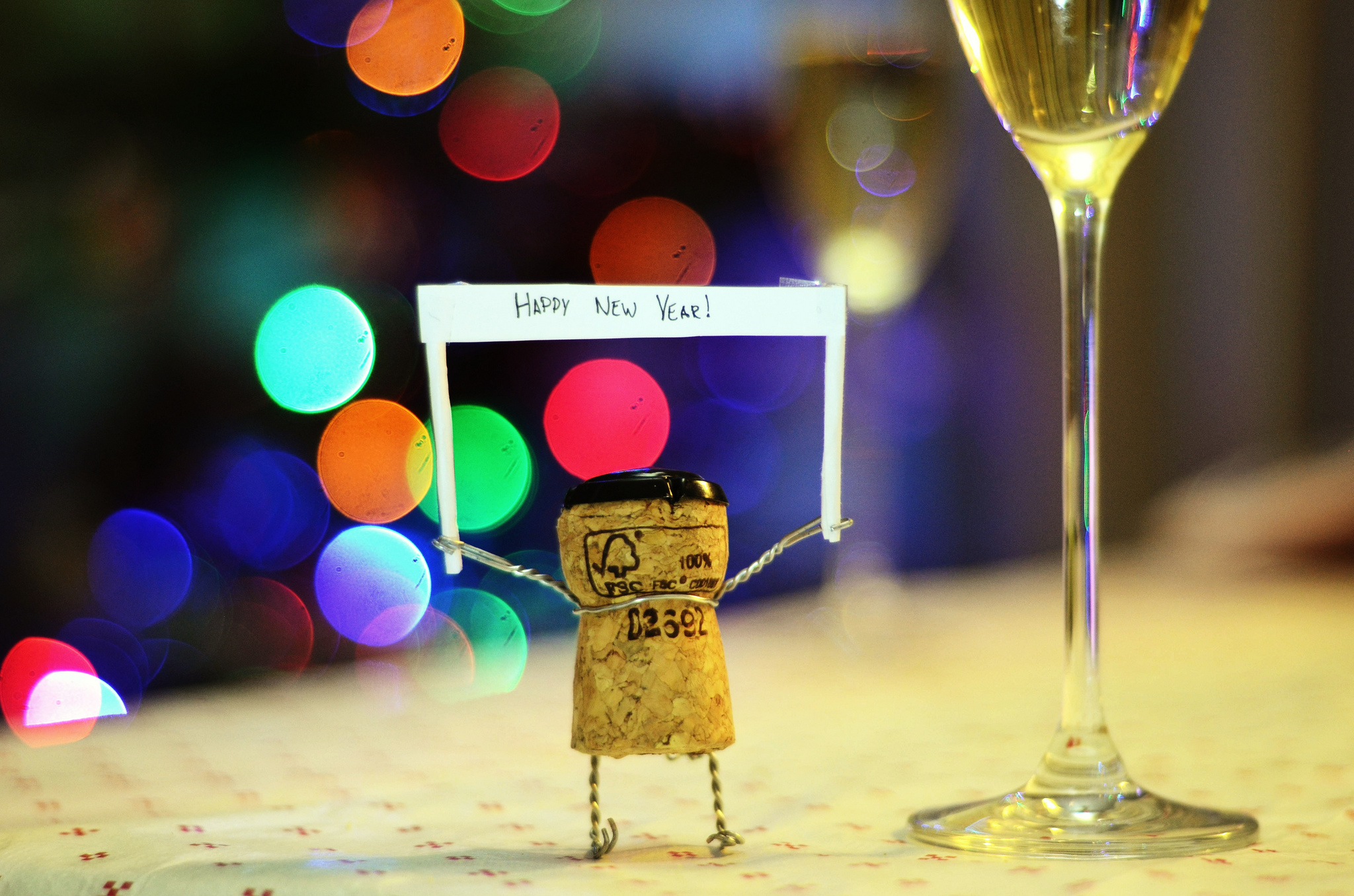
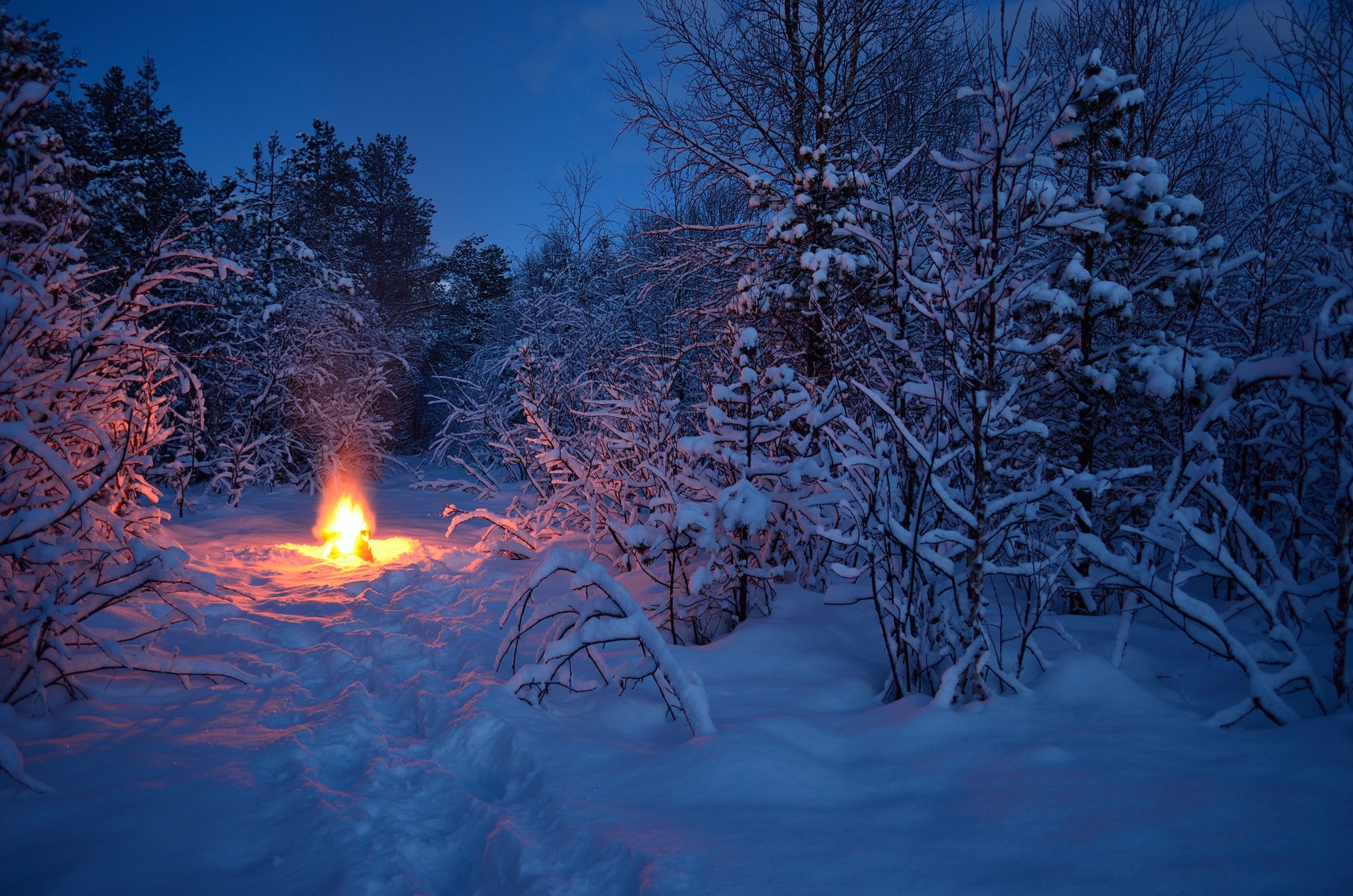
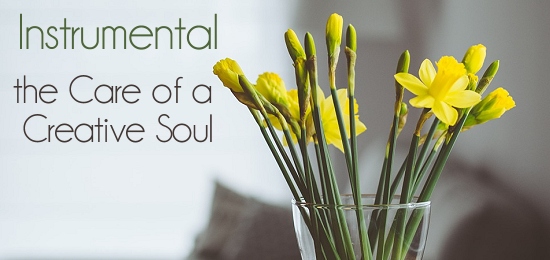
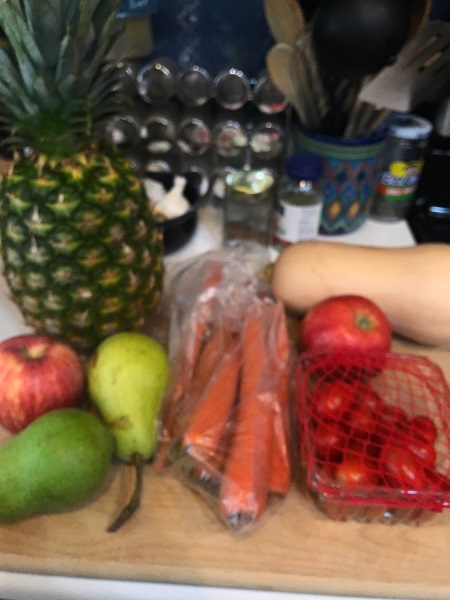 Nearly ten years ago, on another trip to South Dakota, we saw the number of family farms that had been bought by commercial soybean growers, and found an eerie response in the fact that the high school had been made smaller, and the population was going down.
Nearly ten years ago, on another trip to South Dakota, we saw the number of family farms that had been bought by commercial soybean growers, and found an eerie response in the fact that the high school had been made smaller, and the population was going down.